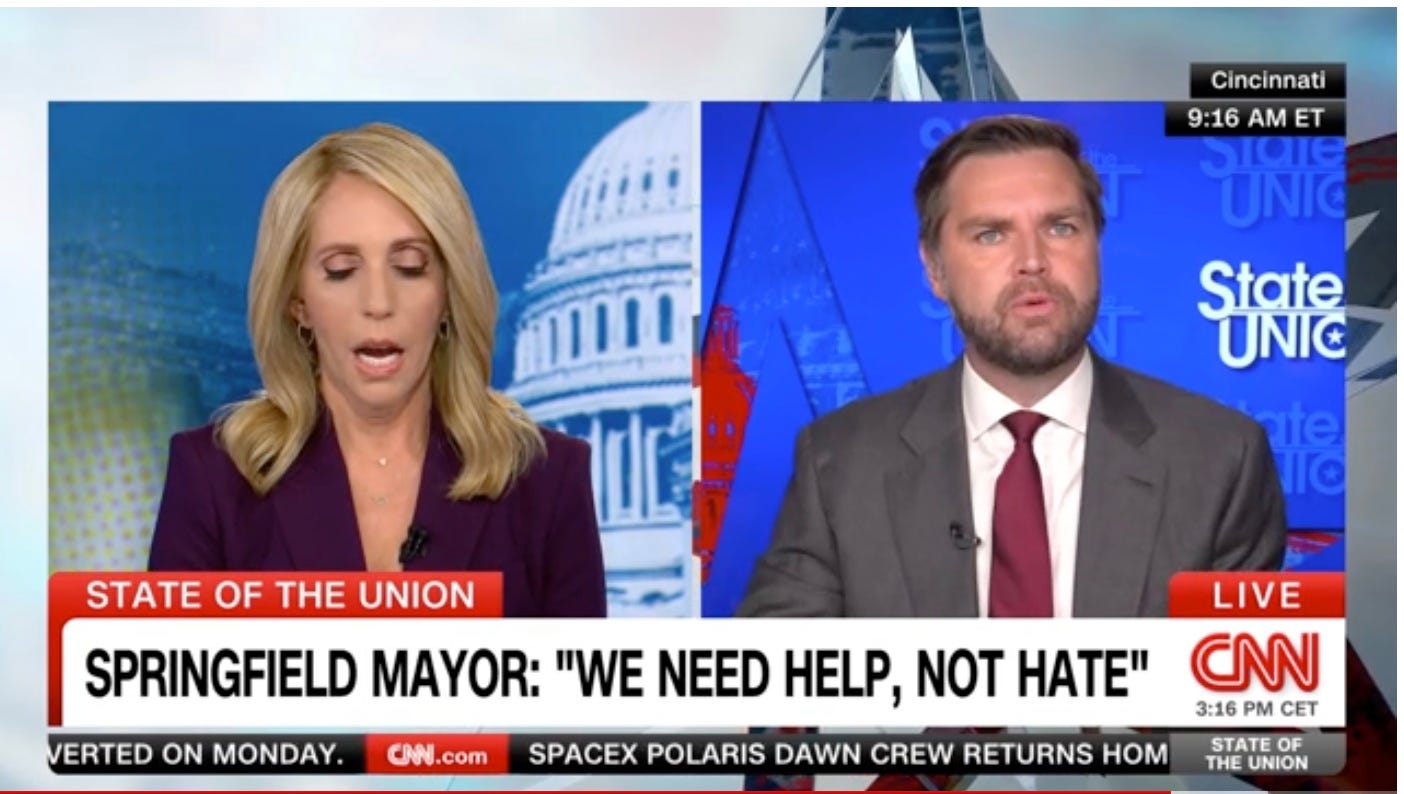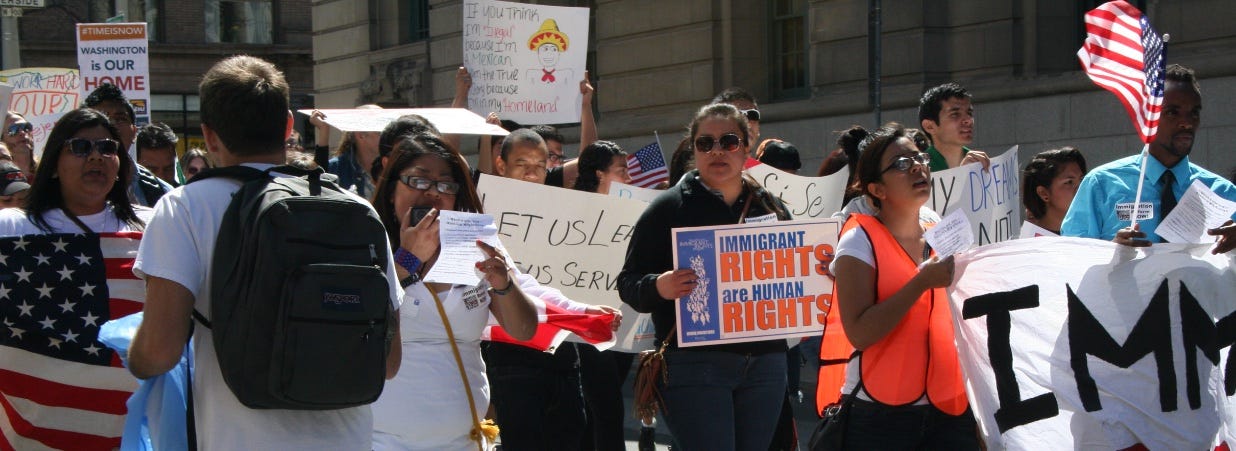About grief, and resistance
As fate would have it, I was the one who got to tell my mother about John F. Kennedy’s assassination, in late November 1963. I was six.
It was a long enough walk from Los Rios Elementary School to our two-story house in Corozal, so a classmate’s mother saw me traipsing along and offered me a ride. It was a beautiful, tropical day near the Panama Canal. Hibiscus and bougainvillea were in bloom. I noticed tears on my classmate mother’s face. She told me why.
When I shared the news with my mom she flinched with alarm, but didn’t wail. She got out a Kleenex-box-sized transistor radio. It was the same radio, in its leather case, that she and I had listened to eight months earlier, when she was pregnant with my little brother, and John Glenn became the first human to orbit the Earth. I don’t know how my mom wept in private, but when children were present she wept with poise. She did her best to control her anguish but I could tell it was deep. It was not my first experience with pain, nor blood, but it was my first experience with soul-wrenching grief. It was powerful because it was hers and all the more so because I couldn’t connect it to something or someone within reach—a relative, a pet, a close friend of the family.
These past five days have connected me with that experience, from sixty-one years ago. Last Tuesday’s election sent a knee-buckling shock through my family and circle of friends because it feels like a crippling blow to common and sacred aspirations—not just freedoms and opportunities, but justice, civility and democracy itself. It is all the more painful and disorienting because it arose from within. This wasn’t foreign terrorists flying wide-bodied aircraft into the World Trade Center and the Pentagon. These were a majority (however slim) of our fellow Americans, in many cases our brothers and sisters, voting for someone who is a convicted felon, serial liar and sex offender; someone who promises to be a dictator on day one. Some commentators put the blame, principally, on inflation and the high cost of eggs. My two cents: don’t believe them.
History, served fresh
I can’t think of anybody who worked harder than historian Heather Cox-Richardson—through her speeches and widely circulated Letters from an American—to alert her fellow Americans as to how another Trump presidency would do great damage to our democracy. Her initial response to the election results (which I quoted from in my Nov. 7 dispatch) was dryly reportorial and restrained. A couple days later, she opened up in a remarkable interview with comedian Jon Stewart. (I’ll insert the YouTube link, below.)
As noted in my 11/7 piece “Gobsmacked”—when Cox-Richardson gave a talk at the LBJ Library in October 2023 she didn’t mince words. If Trump were elected again, she said, “we will lose American democracy for our lifetimes. Not forever, because strongmen always fall, but they do a lot of damage before that happens. And I would like to make sure that doesn't happen.”
Nor did she mince words in this post-election interview with Stewart.
“I'm an institutionalist.. I really think that one of the things that has protected us in the past is our institutions—the rule of law above all. And what we did on Tuesday was we put in place somebody who has made it clear he does not intend to honor the rule of law. And he is enabled by a Supreme Court that says he does not have to honor the rule of law. In the short term, I think what that means is..we just ended the American Century—which was the idea, after World War two, that liberal democracy and the guardrails established around the world were going to stabilize the globe.”
One of the guardrails she is most concerned about is journalism, specifically the inability of fact-based reporting to compete with the swamp-gas deceitfulness that has fueled Trumpism. Trump’s incessant cries of “Fake News” is both a gimmick and the cornerstone of his successful strategy (characterized by his media advisor, Steve Bannon, as a “flood the zone with shit” scheme) to overwhelm, disorient and discredit traditional journalism—by which I mean media that generally adhere to common ethical standards for accuracy and fairness.
“I think it's really important that the right wing emphasized things that ordinary Americans had to fear that were not real, and they erased the things that are real,” Cox-Richardson said.
To which she added: “objectively our economy is fabulous. One of the best economies or the best economy we've had since the 1960s, real wages for 80% of Americans have gone up. Income for the top 20% has gone down in that period. Those are generally things that most voters would like but they don't know that. They think the economy is terrible, that it's a failing economy and that Trump is going to come in with his tariffs and save that. And every economist will say that's exactly backward, So I think you have to grapple with the fact that people have really been put into a position of something that that political theorists, especially coming out of Russia, called ‘political technology’— which is that you can get people to vote away their democracy or to vote for the people that they are told to vote for so long as you create a false world for them to believe in. And I think that's really what we have seen right here.”
She was correct to point out that this trend didn’t begin with Trump. She recalled a short lecture that a top Bush Administration official had made to journalist Ron Susskind in 2004. This is how Suskind reported it at the time:
“The aide said that guys like me were "in what we call the reality-based community," which he defined as people who "believe that solutions emerge from your judicious study of discernible reality." I nodded and murmured something about enlightenment principles and empiricism. He cut me off. "That's not the way the world really works anymore," he continued. "We're an empire now, and when we act, we create our own reality.”
There is a thru-line in our modern political history between what Susskind heard and how JD Vance lectured CNN’s Dana Bash in a September interview. When Bash confronted Trump’s vice presidential pick with the falsity of his allegation that Haitian immigrants in Springfield, Ohio, were eating their neighbors’ dogs and cats, Vance replied: “if I have to create stories so the American media actually pay attention to the suffering of the American people then that’s what I’m going to do Dana.”
The upshot is that Vance and Trump had both vehemently lied about this, and the people who were suffering were the Haitian immigrants, who, by the way, are here legally.
Immigration reform rally in downtown Spokane, May 2013
Today’s post is being made available, for free, to all readers. Please consider supporting The Daily Rhubarb with a paid subscription at the link below—tjc
I’m not alone in having trouble with this. The deepest spasms of pain being felt within my circle of friends and family has more to do with morality than politics. We aspire to live in a democracy in which those who seek public office be honest and ethical. Just on principle.
We’ll pay more for butter or eggs if that’s the deal.
But I think it beckons to a more practical end as well. There’s a connection between integrity and quality, especially when it comes to technology and engineering. My mother and I were marveling at Friendship 7 as we listened to John Glenn’s orbital flight on the radio in early 1963. Today we have the most incredible machines built in functioning democracies—the LIGO gravitational wave observatories at Hanford and in Mississippi, the Large Hadron collider in central Europe, and the James Webb telescope in the U.S. Let’s put it this way, you can’t directly participate in projects like this if you’re not part of the reality-based community. There are things you can’t fake, that you can’t accomplish by “flooding the zone with shit,” as Steve Bannon puts it.
A favorite moment in one of my favorite films—Apollo 13 (1995)—is when the mission control leader Gene Kranz (played by Ed Harris) speaks up in the din of panic after an oxygen tank in the spacecraft’s service module has exploded, sending the craft out of control, tumbling through space. The lives of the three astronauts on the 1970 mission hung in the balance.
Kranz demands calm and then asks: “What have we got on the spaceship that works?”
The mission quickly became one of pure survival and improvisation, capturing public attention not just in the U.S. but around the world. In order to return home the astronauts still had to go around the moon, and lose contact with mission control. They had to orbit around the dark side of the moon, so they could use the lunar gravity to slingshot back to Earth. I remember it well in real life, listening from Earth. It was frightening and surreal.
To save power in the command module, the astronauts had to take refuge in the lunar lander, which was only designed for two people. With three, though, the air became increasingly saturated with poisonous CO2 from the crews exhalations. NASA engineers had to quickly redesign and teach the cold and exhausted astronauts how reconfigure the CO2 filter cartridges in order to survive. They did.
At least to me, it’s an apt analogy as to how we must work with skill and purpose to save our democracy from people who lie for power and profit. In a sense, the unregulated, reckless flow of misinformation on the internet and half-baked podcasts circle the globe before the truth finds its pants. It’s analogous to the CO2 poison problem aboard Apollo 13. We’re either going to clean up the air or it will surely poison us. We can’t solve our problems if those we put in power find it easier to confuse us with scapegoats than lead us toward solutions.
In the meantime, here’s what I’d suggest. Support independent, investigative journalism. Support the incredible, Pultizer-Prize winning journalists at Pro-Publica, who do remarkable investigative reporting in the public interest. Support Josh Marshall’s independent Talking Points Memo project, your public radio station, and in Spokane, support independent RANGE media. If you have coinage left over please consider supporting The Daily Rhubarb and, by all means, share it with your friends and family.
—tjc














We just have to focus on local elections and people in our state who believe in democracy and human rights. We can win there.